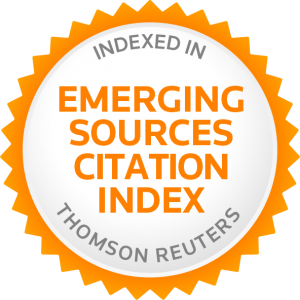A PHONOLOGICAL INVESTIGATION IN SPEECH ERRORS AND APHASIC SPEECH IN MANDARIN
I-Ping Wan received her Ph.D. in Linguistics from the Department of Linguistics and a Ph.D. certificate from the Center for Cognitive Science, at the University at Buffalo, State University of New York (SUNY-Buffalo), in 1999. She then taught at National
This book aims to demonstrate general and specific comparisons between normal speakers and left-brain damaged patients in Mandarin by looking at their phonological performances, and shows how the two error corpora can help resolve certain apparent conflicts among different approaches. The book starts out with a general exploration of speech errors categorized into phonological patterns and an overview of paraphasic studies in cross-linguistic perspectives, focusing on longstanding problems and the aspects of speech production models to which these problems are pertinent. The methodology for how to collect speech-error and paraphasic data is then rendered. It explicates every detailed procedure and the backgrounds of subjects participating in the two studies. The discussion of the two error corpora and results of statistic analyses are provided when those studies presented figures on the specific issues under investigation. This book consolidates and reconciles a number of competing theoretical models for speech production planning and execution in Mandarin, in light of evidence from naturally-occurring speech-error data and from production deficits in left-brain damaged aphasic patients. Such findings can be incorporated in terms of current psycholinguistic models of speech production planning. A substantial amount of the speech-error and paraphasic data is provided to help validate the results as well as facilitate further study by other researchers.



